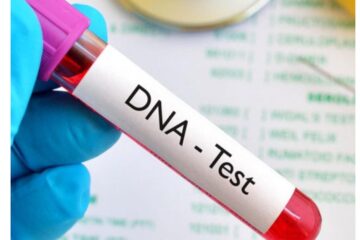Danish health authorities said Thursday they were temporarily suspending the use of AstraZeneca’s Covid-19 vaccine as a precaution after some patients developed blood clots since receiving the jab.
The move comes “following reports of serious cases of blood clots among people vaccinated with AstraZeneca’s Covid-19 vaccine”, the Danish Health Authority said in a statement.
But it cautiously added that “it has not been determined, at the time being, that there is a link between the vaccine and the blood clots”.
Austria announced on Monday that it had suspended the use of a batch of AstraZeneca vaccines after a 49-year-old nurse died of “severe blood coagulation problems” days after receiving an anti-Covid shot.
Four other European countries — Estonia, Latvia, Lithuania and Luxemburg — have also suspended the use of vaccines from this batch, which was sent to 17 European countries and consisting of one million jabs.
Denmark has however suspended the use of all of its AstraZeneca supply.
On Wednesday, Europe’s medicines watchdog EMA said a preliminary probe showed that the batch of AstraZeneca vaccines used in Austria was likely not to blame for the nurse’s death.
As of March 9, 22 cases of blood clots had been reported among more than three million people vaccinated in the European Economic Area, the EMA said.
“It is important to point out that we have not terminated the use of the AstraZeneca vaccine, we are just pausing its use,” Danish Health Authority director Soren Brostrom said in the statement.
Denmark said one person had died after receiving the vaccine. The EMA has launched an investigation into that death.
“There is broad documentation proving that the vaccine is both safe and efficient. But both we and the Danish Medicines Agency must act on information about possible serious side effects, both in Denmark and in other European countries,” Brostrom said.
The suspension, which will be reviewed after two weeks, is expected to slow down Denmark’s vaccination campaign.
Copenhagen now expects to have its entire adult population vaccinated by mid-August instead of early July, the health authority said.
-AFP




